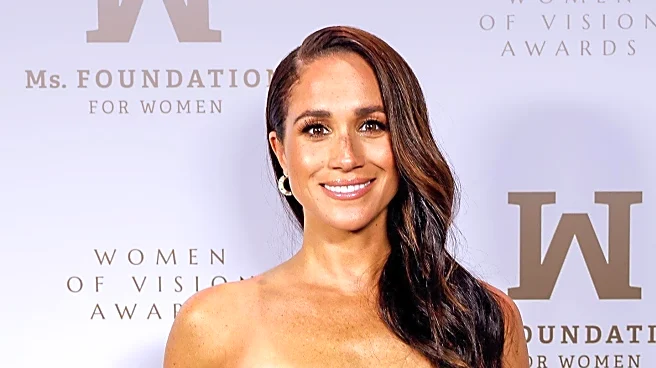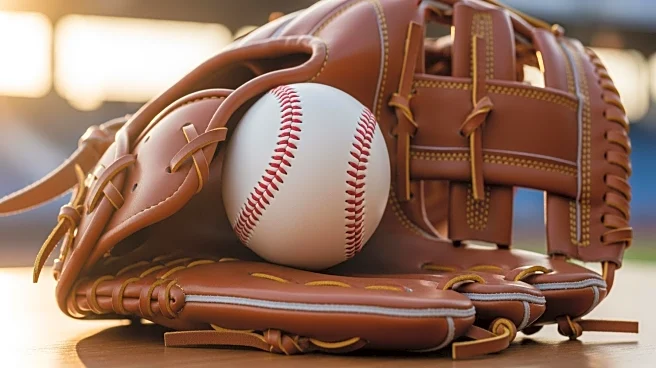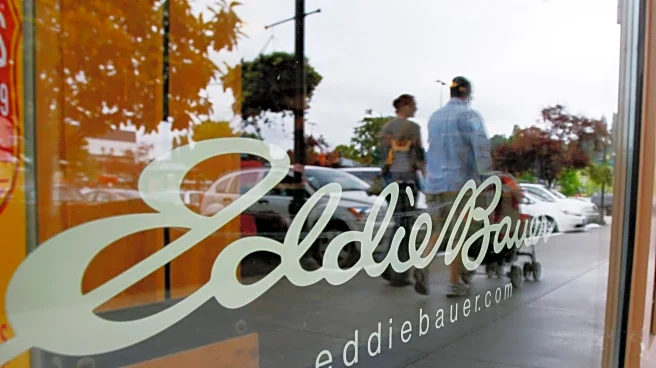Rapid Read • 9 min read
The Women's National Basketball Players Association (WNBPA) has opted out of the current collective bargaining agreement (CBA) with the WNBA, seeking better salary incentives and benefits. This move comes as league viewership and attendance continue to rise, highlighting the disparity between player compensation and league revenue. The CBA is set to expire on October 31, 2025, and without a new agreement, a work stoppage could occur in 2026. The WNBPA argues that players deserve a larger share of league revenue, particularly from sponsorships, as women athletes rely heavily on brand partnerships for income. Brands like Aflac, Ally, and Samsung have stepped in to support players financially, offering additional prize money and sponsorship deals. These efforts underscore the growing recognition of the value women athletes bring to the sports industry.
AD
The push for higher salaries in the WNBA is significant as it highlights the ongoing gender pay gap in professional sports. Despite increasing viewership and engagement, women athletes earn significantly less than their male counterparts, relying on sponsorships for the majority of their income. This disparity not only affects the athletes but also reflects broader societal issues regarding gender equality and fair compensation. Brands supporting the WNBA players are helping to bridge this gap, potentially influencing other leagues to reconsider their compensation structures. The outcome of the WNBPA's negotiations could set a precedent for women's sports, encouraging more equitable pay and recognition of their contributions to the industry.
As the expiration of the current CBA approaches, negotiations between the WNBPA and the WNBA will intensify. If an agreement is not reached, a work stoppage could occur, impacting the 2026 season. Major stakeholders, including sponsors and media partners, may play a crucial role in these discussions, as their support is vital for the league's financial health. The involvement of brands like Aflac and Ally suggests a growing interest in supporting women's sports, which could lead to increased pressure on the league to meet the players' demands. The outcome of these negotiations will be closely watched by other women's sports leagues, potentially influencing their own approaches to player compensation.
The movement for higher pay in the WNBA also touches on cultural and ethical dimensions, as it challenges traditional norms regarding gender roles and compensation in sports. The increased visibility and support for women athletes could lead to long-term shifts in how women's sports are perceived and valued. Additionally, the involvement of major brands in advocating for better pay highlights the role of corporate responsibility in promoting gender equality. This development may encourage more companies to align their values with social causes, using their influence to drive positive change in the sports industry and beyond.
AD
More Stories You Might Enjoy











